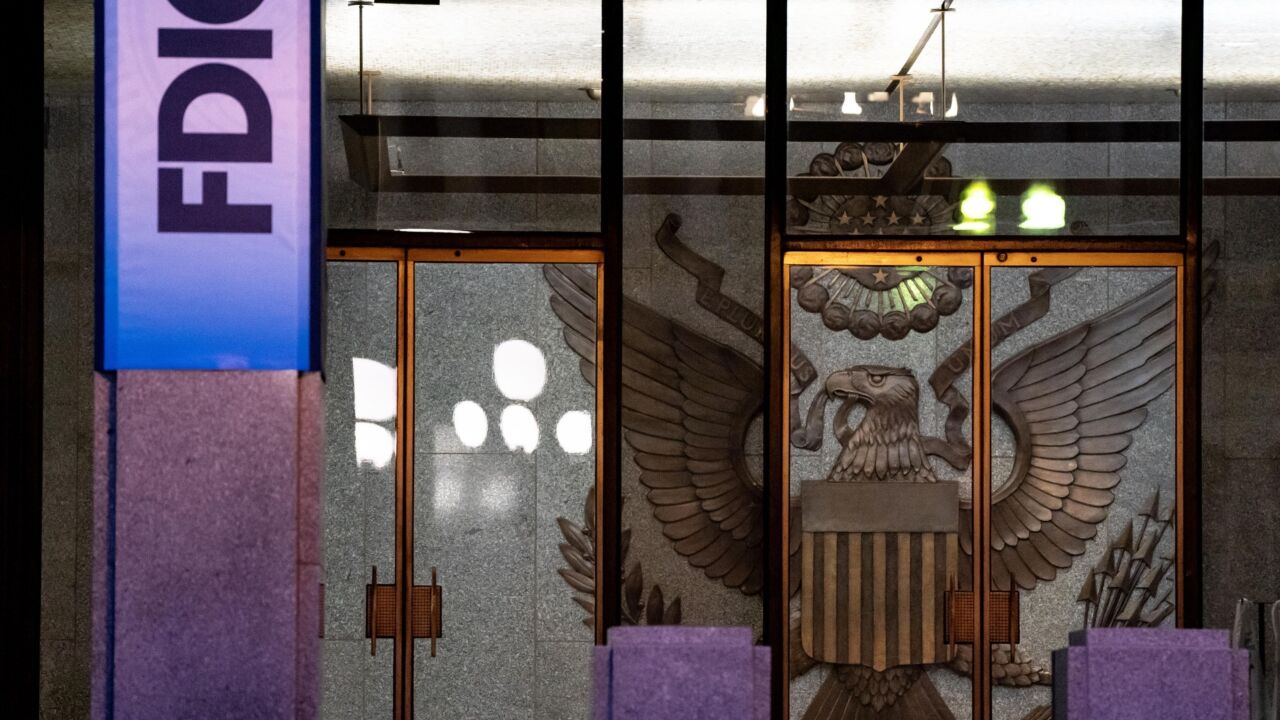Rumors that Quantum Chemical Corp. will jointly spin off its Petrolane Gas Service Partnership and Suburban Propane units have sent Quantum's bonds up 10 points in the last week.
The 13% senior subordinated notes maturing in 2004 that traded at 75 to 76 last week, shot up to 85 yesterday, one trader said.
The spinoff rumor has been circulating over the summer, Bart Grenier, a vice president at Duff & Phelps/MCM, said. Although unsure what caused the past week's sharp rise, Mr. Grenier said, rumors aside, Quantum was a good buy at 75.
Mark Brostowski, a vice president in Salomon Brother's high-yield research department, said Salomon has been recommending Quantum's bonds since November 1990. Back then the 13% notes traded at about 52 1/2 cents on the dollar, he said.
Rumors of a major asset sale concerning Petrolane had intensified over the past few weeks, Mr. Brostowski said, adding that, for synergistic reasons, the market assumed if Petrolane were sold, Suburban would be also. Though separate, the two companies are jointly administered.
"Whether it's true or not, nobody knows," he said.
Quantum owns 50% of Petrolane, and for management and administrative purposes has merged it with Suburban, Mr. Grenier said. Suburban is a wholly-owned Quantum subsidiary; First Boston Corp. owns 50% of Petrolane.
Quantum spokeswoman Arden Melick explained that Petrolane is actually owned by QFB Partners. She declined comment on the rumors.
"We never respond to rumors or speculation. However, Suburban Propane and Petrolane are separate legal entities, and while Suburban manages both, they are indeed separate and distinct," Ms. Melick said.
A joint spinoff makes the most sense, Mr. Grenier said. Spinning off Petrolane alone would mean "zero" value for equity holders and would put a large competitor into the market against Suburban, he said. Together, Suburban and Petrolane are the nation's largest retail marketers of propane with a combined value exceeding $1.5 billion.
Petrolane has approximately $46 million bank debt due on Sept. 20 and must make about $25 million of interest payments to bondholders on October 1. "They just don't have the cash," Mr. Grenier said.
Petrolane's banks and public debt holders would have priority claims on the money, but a joint sale of Petrolane and Suburban would mean a sizeable cash infusion for Quantum, Mr. Grenier said.
Elsewhere, the high-yield market overall was up about a 1/2 point. Investment grades were unchanged to down a 1/4 with some new issues.
Chase Manhattan Credit Card Master Trust series 1991-2 issued $750 million certificates backed by Visa and MasterCard receivables.
The 7.65% certificates are priced at 99.842 to yield 7.732%, or 76 basis points over blended three- and five-year Treasuries. The trustee is Yasuda Bank & Trust Co.
The transaction includes a controlled amortization structure, consisting of a 42-month interest-only period followed by 12 equal principal installments of $62.5 million. The first principal payment is due in April 1995. The certificates have four-year average life, with the expected final payment in March 1996. Monthly interest payments are scheduled for the 15th of every month, with the first one due Oct. 15, 1991.
Chase Securities Inc. managed the deal, rated triple-A by both Moody's Investors Service and Standard & Poor's Corp.
The Province of Manitoba, Canada, issued $300 million of non-callable debentures maturing in 2021 priced at 99.624 to yield 8.911 or 87 basis points over comparable Treasuries. Merrill Lynch & Co. managed the offering. Moody's rated the deal A1, while Standard & Poors' rates it A-plus.
Johnson & Johnson issued $200 million of 8% notes. Non-collable for five years, the seven-year notes were priced at par to yield 8%, or 38 basis points over comparable Treasuries. Morgan Stanley & Co. managed the deal. Both Moody's Investors Service Inc. and Standard & Poor's Corp. rate the notes AAA.
A Johnson & Johnson spokesman said the company would use proceeds for general corporate purposes, including the refinancing of some outstanding corporate paper.
The notes proved popular in the market. "It went out of here like a rocket," one trader said.
Osaka Gas Co.'s $200 million (Canadian) of Eurobonds were rated AA-minus by Standard & Poor's Corp.
The issue equates to approximately $175.1 million U.S. dollars. Simultaneously, the rating agency affirmed its A-1-plus rating on the company's 50 billion yen commercial paper program, worth approximately $365 million in U.S. currency.
In issuing the ratings, Standard & Poor's cited Japan's favorable regulatory environment, the strength and diversity of the company's customer base, and its stable financial performance. Balancing those aspects is the company's substantial capital expenditure program and growing diversification risks.





